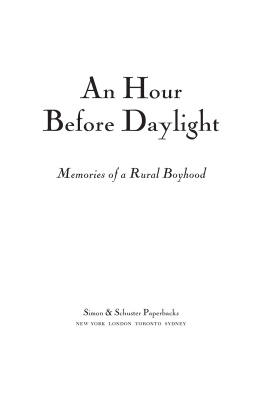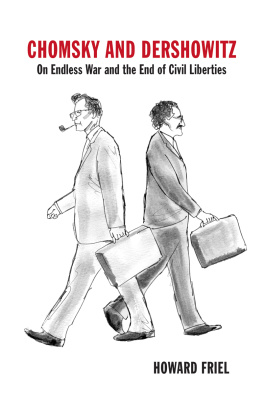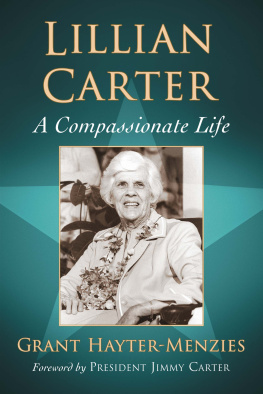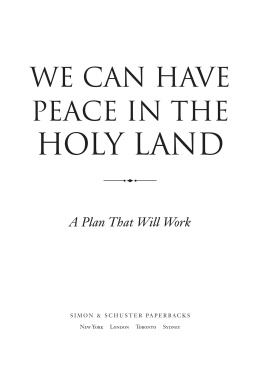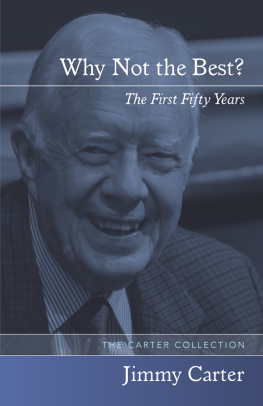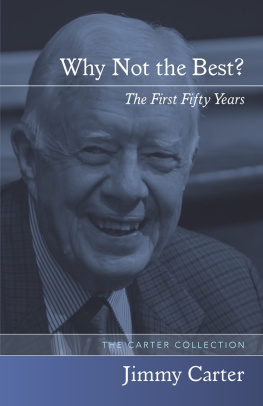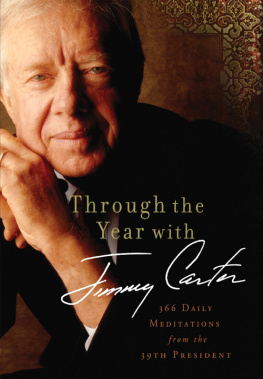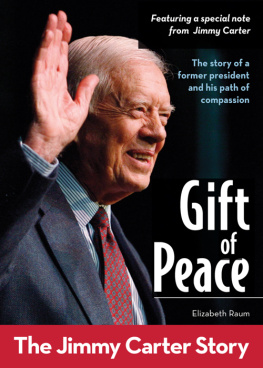Thank you for downloading this Simon & Schuster eBook.
Join our mailing list and get updates on new releases, deals, bonus content and other great books from Simon & Schuster.
C LICK H ERE T O S IGN U P
or visit us online to sign up at
eBookNews.SimonandSchuster.com
We hope you enjoyed reading this Simon & Schuster eBook.
Join our mailing list and get updates on new releases, deals, bonus content and other great books from Simon & Schuster.
C LICK H ERE T O S IGN U P
or visit us online to sign up at
eBookNews.SimonandSchuster.com
Praise for An Hour Before Daylight
More than a memoir... it has the feel of being dead honest... the gift of language.
Roy Reed, The New York Times Book Review
Wonderfully honest and frank.
John D. Thomas, The Atlanta Journal-Constitution
A true memoir, a book steeped in memory and organized in part by memorys principles: the vivid takes precedence... A moving reminder of how dramatically a child can grow beyond his roots and remain at the same time profoundly attached to them.
Nancy Mitchell, The Raleigh News and Observer
Thoughtful, intelligent, and eloquent.
Booklist
The best example of his skill... demonstrates that some lessons are universal and timeless.
Ike Seamans, The Miami Herald
A paean to the people, places, and values that shaped the life of a shy, bookish boy... quietly illustrates the importance of nurturing children with high expectations, early responsibility, and enduring values.
Marilyn Gardner, The Christian Science Monitor
ALSO BY JIMMY CARTER
Sharing Good Times
The Hornets Nest
The Nobel Peace Prize Lecture
Christmas in Plains
The Virtues of Aging
Sources of Strength: Meditations on Scripture for a Living Faith
Living Faith
The Little Baby Snoogle-Fleejer (illustrated by Amy Carter)
Always a Reckoning, and Other Poems
Talking Peace: A Vision for the Next Generation
Turning Point: A Candidate, a State, and a Nation Come of Age
An Outdoor Journal: Adventures and Reflections
Everything to Gain: Making the Most of the Rest of Your Life (with Rosalynn Carter)
The Blood of Abraham: Insights into the Middle East
Negotiation: The Alternative to Hostility
Keeping Faith: Memoirs of a President
A Government As Good As Its People
Why Not the Best?

SIMON & SCHUSTER PAPERBACKS
Rockefeller Center
1230 Avenue of the Americas
New York, NY 10020
www.SimonandSchuster.com
Copyright 2001 by Jimmy Carter
All rights reserved, including the right of reproduction in whole or in part in any form.
S IMON & S CHUSTER P APERBACKS and colophon are registered trademarks of Simon & Schuster, Inc.
Designed by Brooke Zimmer Koven
The Library of Congress has cataloged the hardcover edition as follows: Carter, Jimmy.
An hour before daylight : memories of a rural boyhood / Jimmy Carter.
p. cm.
Includes index.
1. Carter, JimmyChildhood and youth. 2. PresidentsUnited StatesBiography. 3. FarmersGeorgiaPlainsBiography. 4. Plains (Ga.)Biography. 5. Plains (Ga.)Social life and customs20th century. 6. Country lifeGeorgiaPlainsHistory20th century. 7. Plains region (Ga.)Rural conditions20th century. 8. Carter family. I. Title.
E873 .C36 2001
973.926'092dc21
[B] 00-048248
ISBN-13: 978-0-7432-1193-2
ISBN-10: 0-7432-1193-6
ISBN-13: 978-0-7432-1199-4 (Pbk)
ISBN-10: 0-7432-1199-5 (Pbk)
ISBN-13: 978-0-7432-1725-5 (eBook)
Photo credits appear on .
To my newest grandson, Hugo, with hopes that this book might someday let him better comprehend the lives of his ancestors.
Contents
1
Land, Farm, and Place
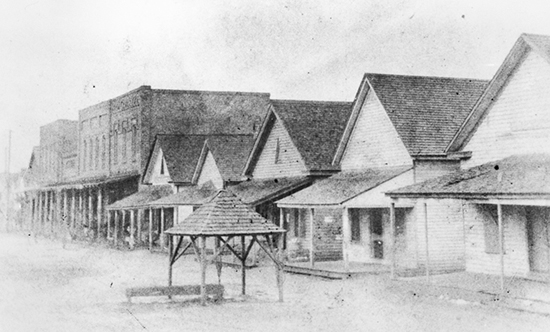
Main Street of Plains, Georgia, 1905
I F YOU LEAVE Savannah on the coast and travel on the only U.S. highway that goes almost straight westward across the state of Georgia, you will cross the Ogeechee, Oconee, and Ocmulgee rivers, all of which flow to the south and east and empty into the Atlantic Ocean. After about three hours youll cross the Flint River, the first stream that runs in a different direction, and eventually its often muddy waters empty into the Gulf of Mexico. Unlike the Continental Divide in the Rocky Mountains, our divide is not noticeable, because the land was all part of the relatively flat bottom of the sea in the not-too-distant geological past. It is still rich and productive, thanks to the early ocean sediments and the nutrients it has accumulated from plants and animals since that time.
If you keep on for another thirty miles, still heading toward Columbus, Georgia; Montgomery and Birmingham, Alabama; and points beyond, youll come to Plains, a small town on land as level as any you will ever see. As people have always said, When it rains, the water dont know which way to run. Its original name was Plains of Dura, derived from the place in the Bible where King Nebuchadnezzar set up his great image of gold (Daniel 3:1). Although the land was flat and rich, no one knows why the earliest settlers wanted to commemorate the worship of a false god. It may have been to honor Shadrach, Meshach, and Abednego, who refused to bow down to the idol, and escaped the fiery furnace because of Gods protection.
Just beyond the town there is a place called Archery, where the topography begins to change for the first time since Savannah, from flat plains to rolling hills and poorer soils that extend on to the Chattahoochee River, which divides Georgia from Alabama. Archery is no longer there, except on the old maps, but its where I grew up and lived from when I was four years old in 1928 until the very end of the Great Depression, when I left for college and the United States Navy in 1941.
In addition to being 190 miles west of Savannah, Plains is located exactly 120 miles due south of Atlanta, and the seat of the countySumterlies nine miles to the east. It is named Americus, the Latinized first name of Amerigo Vespucci, an Italian navigator and explorer who claimed to be the first European to land on the North American continent and, as a mapmaker, also gave it his name. The coming of automobiles and tractors has caused most of the small towns in Southwest Georgia to wither away, but Plains is an exception. It is surrounded by productive farms, and seems to have citizens who are exceptionally inclined to resist moving away to distant places.
Archery, on the other hand, was never quite a real town. At the heart of it, a little more than a half-mile west of our farmhouse, were the homes of the Seaboard Airline Railroad section foreman and the six black employees who kept the rail bed in good repair. A half-mile farther west was a strong African Methodist Episcopal church congregation, across the road from the most notable landmark, a small store by the railroad tracks that was sheathed completely in flattened Prince Albert tobacco cans. Except for the church, which is still vibrant and active, all the rest is gone.
Our own farm, just to the east, occupied the last of the good land; otherwise, around Archery the soil was marginally fertile and somewhat hilly, and the surrounding sandy fields were some of the first to be planted in pine-tree seedlings, which now compose an almost monocultural forest, approaching maturity. Back in the 1930s, however, Archery was substantial enough to be the center of my world.
My most persistent impression as a farm boy was of the earth. There was a closeness, almost an immersion, in the sand, loam, and red clay that seemed natural, and constant. The soil caressed my bare feet, and the dust was always boiling up from the dirt road that passed fifty feet from our front door, so that inside our clapboard house the red clay particles, ranging in size from face powder to grits, were ever present, particularly in the summertime, when the wooden doors were kept open and the screens just stopped the trash and some of the less adventurous flies. Until 1938, when a paved highway was cut through the woods a mile north of our house, we were proud that our small crooked dirt road was the official United States Route 280! For those days, it was heavily traveled by automobiles, trucks, and buses, but with few exceptions the local people passing in front of our house walked or rode on mule-drawn wagons. The railroad ran just a few feet on the other side of the dirt road, and we never failed to wave at the conductors, engineers, and passengers, who seemed as remote as travelers from another planet.
Next page
